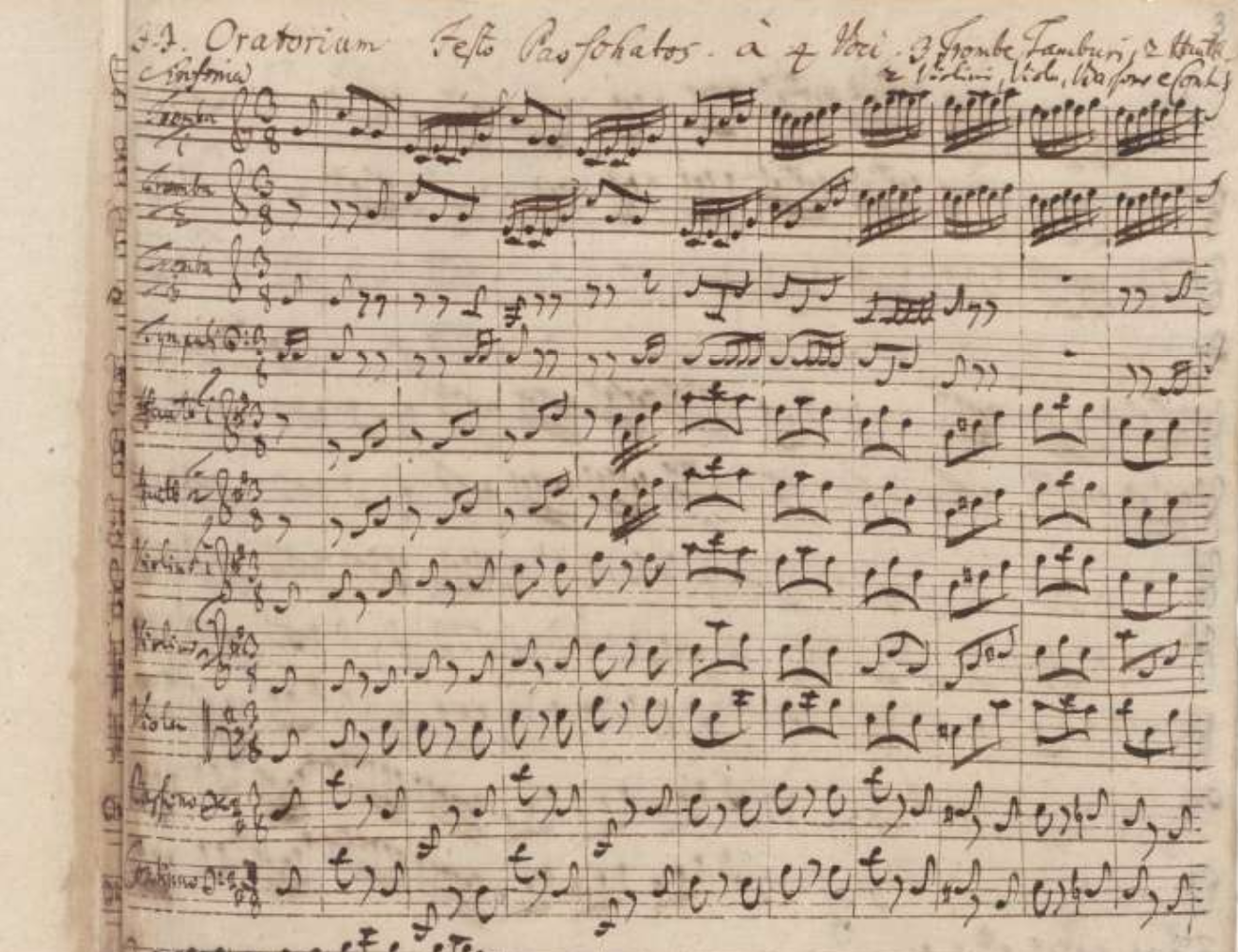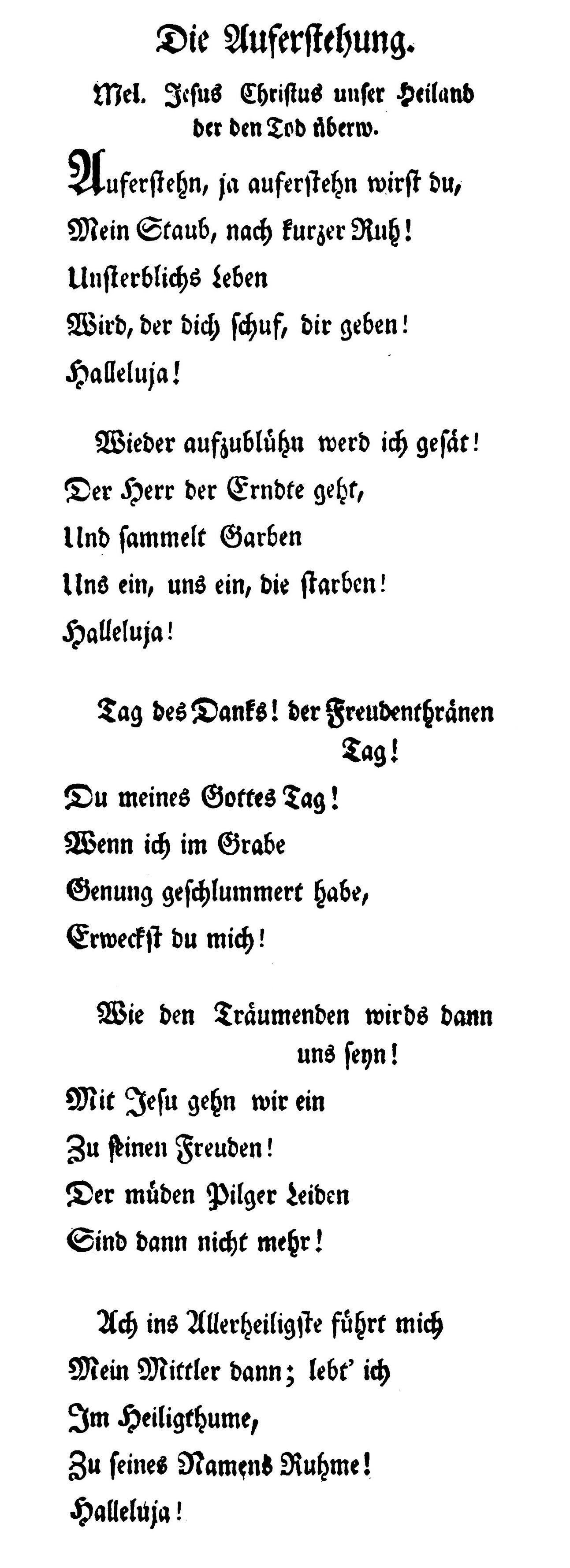
Resurrection, regardless of religion, is a powerful concept throughout the world. From Osiris to Achilles, Alcestis to Bodhidharma, the concept of death being merely a phase or portal is practically universal. Not surprisingly, there is much music that accompanies this concept and belief.
Handel — Messiah
While we now hear Handel’s Messiah traditionally performed during Christmastime, it was meant to be performed during Easter, and was premiered in Dublin on April 13, 1742. Here’s a captivating performance by the great period performance group, B’Rock Orchestra, the Bavarian Radio Chorus, conducted by Peter Dijkstra.
Bach — Easter Oratorio
Bach’s Easter Oratorio was first performed on Easter Sunday, April 1, 1725. Two days earlier, the congregation in Leipzig had listened to the St John Passion, just as in 1724. The closing chorus, Ach Herr, lass dein lieb Engelein,(Ah, Lord, let Your dear little angel), sent them on their way home to celebrate Holy Saturday
Ah, Lord, let Your dear little angel, at my final end, take my soul to Abraham’s bosom. Let my body, in its little sleeping chamber, absolutely softly, without any anguish or pain, rest until the last day! At that day wake me from death, so that my eyes may see You in all joy, o Son of God, my Savior and Throne of grace! Lord Jesus Christ, hear me, I will praise You eternally!
Then, on Sunday morning, the church resounded with the huge contrast of the Sinfonia of the three trumpets of the Sinfonia from Bach’s Easter Oratorio.

Here’s a powerful performance the Easter Oratorio with the Netherlands Bach Society, conducted by Jos van Veldhoven
Rimsky-Korsakov — Russian Easter Festival Overture
Rimsky-Korsakov’s brilliant overture, Russian Easter Festival Overture: Overture on Liturgical Themes, to use its full title, is a work of brilliance by the celebrated russian composer, known mostly for his symphonic odyssey, Scheherazade. In the score is Rimsky-Korssakov writes a short introduction with two biblical quotations and one of his own.

In Russia, Easter is also named the “Bright Holiday” and this overture certainly captures this festive atmosphere. Here is Seiji Ozawa conducting the Berlin Philharmonic.
Mascagni — Cavalleria rusticana
The entirety of the storyline of Mascagni’s beautiful verismo opera, Cavalleria rusticana, takes place during Easter Sunday in a small Sicilian village. Here’s a great filmed version of the opera from 1968, conducted by Herbert von Karajan.
Mahler — Symphony №2 “Resurrection”
It took six years for Mahler to write his second symphony and it wasn’t until he encountered a sung text about resurrection that allowed him to finish it. It would become one of his most popular pieces during his lifetime and has remained one of the most performed and adored pieces of his ever since.
It was premiered on December 13, 1895 with Mahler conducting the Berlin Philharmonic Orchestra. By this time, Mahler had already established himself as one of the leading conductors of his generation, having been appointed the general music director for Hamburg Opera, and was heading towards becoming the most important and successful one, too.
However, it wasn’t the Easter holiday that inspired Mahler to write or finish the symphony, but the death of another conductor, Hans van Bülow, in 1894. At the funeral Mahler heard a setting of the German poet, Friedrich Gottlieb Klopstock’s, Die Auferstehung (The Resurrection), written in 1758.

Mahler’s Symphony №2 will be another blog, entirely, but here’s one of my favorite performances from 1972 with Leonard Bernstein conducting the London Symphony Orchestra.
